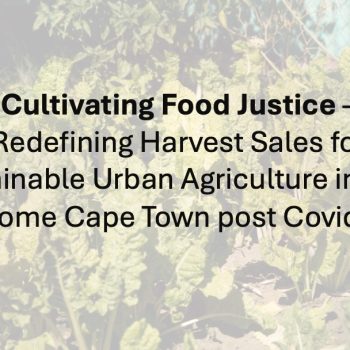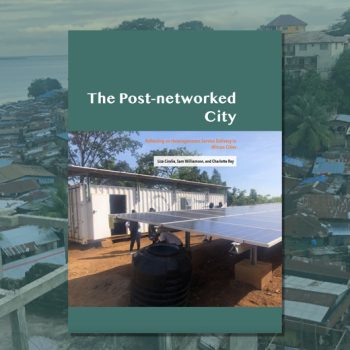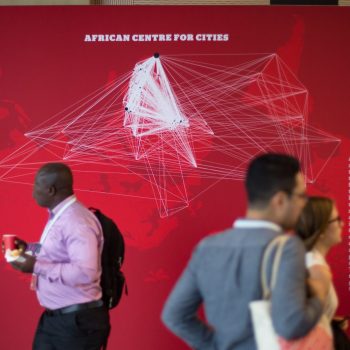Additional objectives include
- Design a process to assess and take stock of contemporary urban trends in Ghanaian Cities in a systematic manner that will enable policy makers and scholars to use the resulting analytical work to improve decision making and inform the training of the next generation of urban practitioners
- Build consensus through a national workshop on the structure of a project vehicle to drive the research and dissemination of the final products of the proposed State of Ghanaian Cities project.
Project Components
The State of Ghanaian Cities Project (SGCP) has been designed in 2 phases. The first phase is the preparation phase segmented into four discrete but interrelated activities which will together form the foundation for the first baseline report on urban systems in Ghana.
The first activity aims to strengthen partnerships through a series of consultations urban stakeholders in Ghana. The second activity is to develop a State of Cities in Africa (SOCA) Framework tailored to the realities of contemporary Ghana. The framework will articulate a contextually relevant approach for the compilation of a report on current data availability, identification of challenges, integration of outcomes from partnership consultations, and the assessment and distribution of research data. The third activity comprises of planning and execution of a national dialogue on the State of Cities project. The intended outcome of the dialogue includes discussions on partnership expectations, design of the first State of Ghanaian Cities Report, identifying appropriate data and the creation of a platform for further research and analysis on urban development. The fourth and final activity within phase one is the development of the State of Ghanaian Cities Project Implementation Plan. The plan will articulate mechanisms for assembling and analysing existing data on urban trends in Ghana and research dissemination to practitioners and students of the built environment in Ghana.
The first phase of the SGCP will be followed by the second phase focusing on the mobilisation of resources – financial and human to be followed by the successful execution of the project.
Implementing Institutions
- Urban Development Unit, Ministry of Local Government and Rural Development
- Department of Planning, Kwame Nkrumah University of Science and Technology – www.knust.edu.gh
- National Association of Local Authorities of Ghana – www.nalag.org
Sponsors
- Agence Française de Développement- http://www.afd.fr/
- Cities Alliance-www.citiesalliance.org
- Deutsche Gesellschaft für Internationale Zusammenarbeit (GIZ) GmbH -http://www.giz.de
- Shack/Slum Dwellers International- www.sdinet.org
- World Bank Institute- http://wbi.worldbank.org/wbi/
Contact Person
Dr. Daniel K. B. Inkoom, Head of Department of Planning
College of Architecture and Planning
Kwame Nkrumah University of Science and Technology
Kumasi
Ghana
Telephone+233322060230/+233244464172
Email: dinkoom@gmail.com


